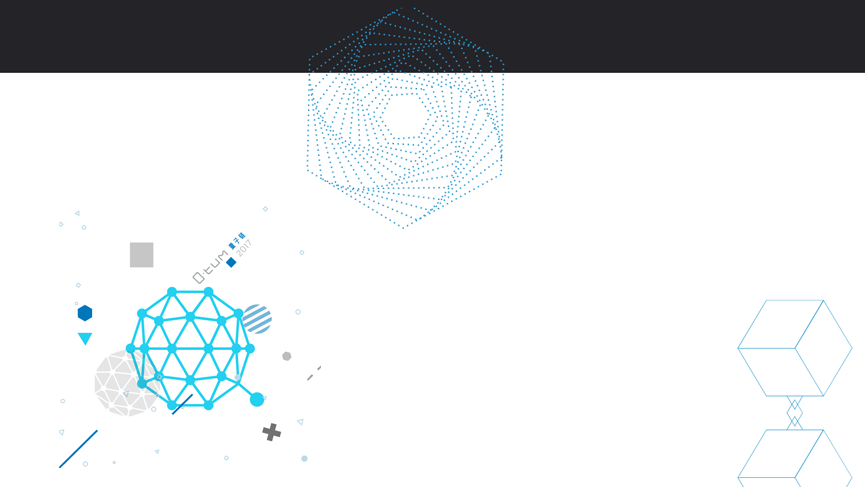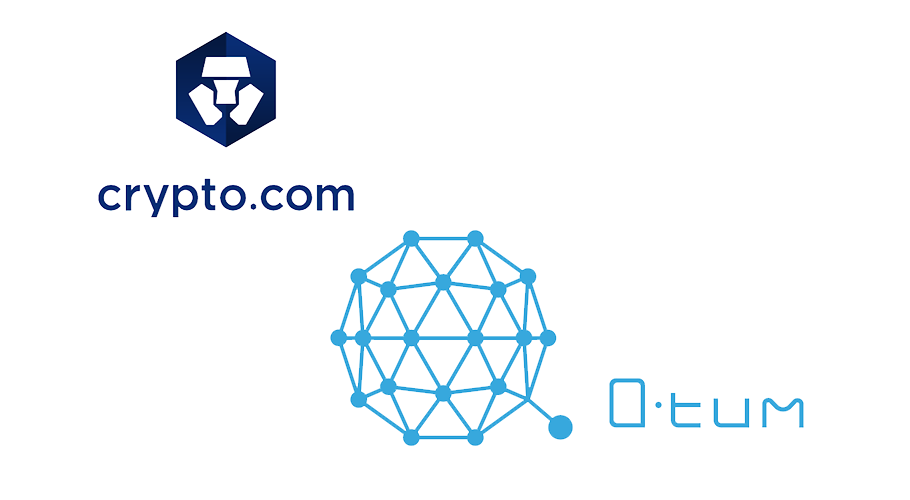Blockchain application platform Qtum introduced today a Decentralized Governance Protocol (DGP) that allows blockchain parameters to be modified quickly and seamlessly without ecosystem disruption. For the users of Qtum, this means no new software would have to be downloaded, and no actions need to be taken from network stakeholders and node operators when DGP network upgrades occur.
DGP is built using smart contract technology. It implements a decentralized and democratic governance system that can be replaced and upgraded as needed. The protocol also allows for automated smart contracts to be a voting party. A smart contract can thus monitor the status of the blockchain and automatically propose and vote upon changes to fix problems that are detected. With this technology, the Qtum blockchain becomes self-regulating, self-modifying, and self-aware.
The same way blockchain technology modernized smart contract applications, we are using smart contracts to transform the way blockchain software is maintained. This technology is instrumental in Qtum being the first self-aware blockchain that can quickly adapt to a rapidly changing world.
The Qtum team believes this is a major step for the blockchain industry to help remove some of the ideological politics out of development, which has impeded the implementation of significant innovations.
Although the decentralized governance protocol can support many changes to the network, Qtum will limit the protocols power to the more basic blockchain parameters, such as the network’s block size limit and gas prices for operational code running on the network.
Qtum’s Decentralized Governance Protocol will significantly reduce the effort it takes to coordinate a hard fork for these basic blockchain parameters so that the community can focus on important issues. We don’t see this as being a panacea for every issue that may arise.
Qtum plans to debut a beta version of the Decentralized Governance Protocol in the first testnet of Qtum in June; as well, its complete source code is being made open source at that time.
Back in March, Qtum raised at the time the 4th most ICO amount for a token sale at over $15 million.






















